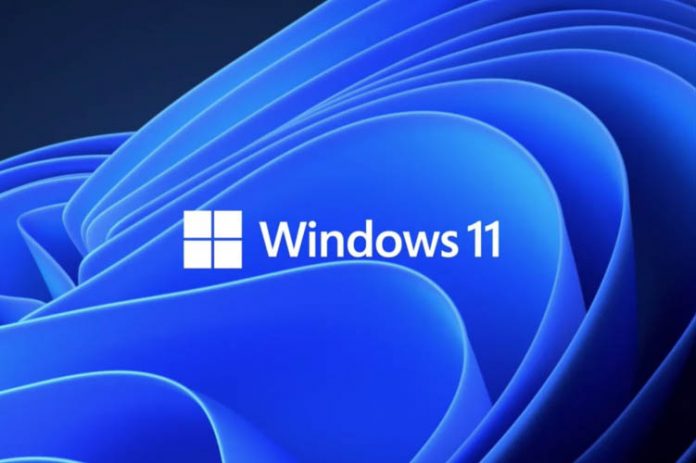Microsoft officially announced the Windows 11 operating system in June, it increased the system requirements for the OS for the first time since Windows 7 was released.
After receiving a lot of flak for stricter than usual requirements for Windows 11, Microsoft has been reevaluating if Intel’s 7th generation and AMD Zen processors can be added to the list of supported CPUs.
But today, the company announced on their blog that it was reevaluated, and looks like there won’t be any changes.
MINIMUM REQUIREMENTS
CPUs: Intel Core X-series, Xeon W-series, and select Intel Core 7820HQ, Eighth-gen or newer Intel Processors, Zen 2 or newer AMD processors, and Snapdragon 850 or newer Qualcomm SoCs.
GPUs: Compatible with DirectX 12 or later with WDDM 2.0 driver, RAM and Storage: 4GB RAM and 64GB storage. TPM 2.0 support (most supported CPUs have it) UEFI, Secure Boot capability, High definition (720p) display that is greater than 9” diagonally, 8 bits per colour channel.
Microsoft now expanded the list of compatible 64-bit processors to include the following:
- Intel® Core™ X-series, Xeon® W-series
- Intel® Core™ 7820HQ (only select devices that shipped with modern drivers based on Declarative, Componentized, Hardware Support Apps (DCH) design principles, including Surface Studio 2)
Microsoft said “The first generation of AMD Zen processors in partnership with AMD, together we concluded that there are no additions to the supported CPU list.”

Now Windows has released an updated preview version of the PC Health Check app to Windows Insiders that now shows improved messaging on eligibility and links to relevant support articles that include potential remediation steps. This will be released to everyone in the coming weeks.




